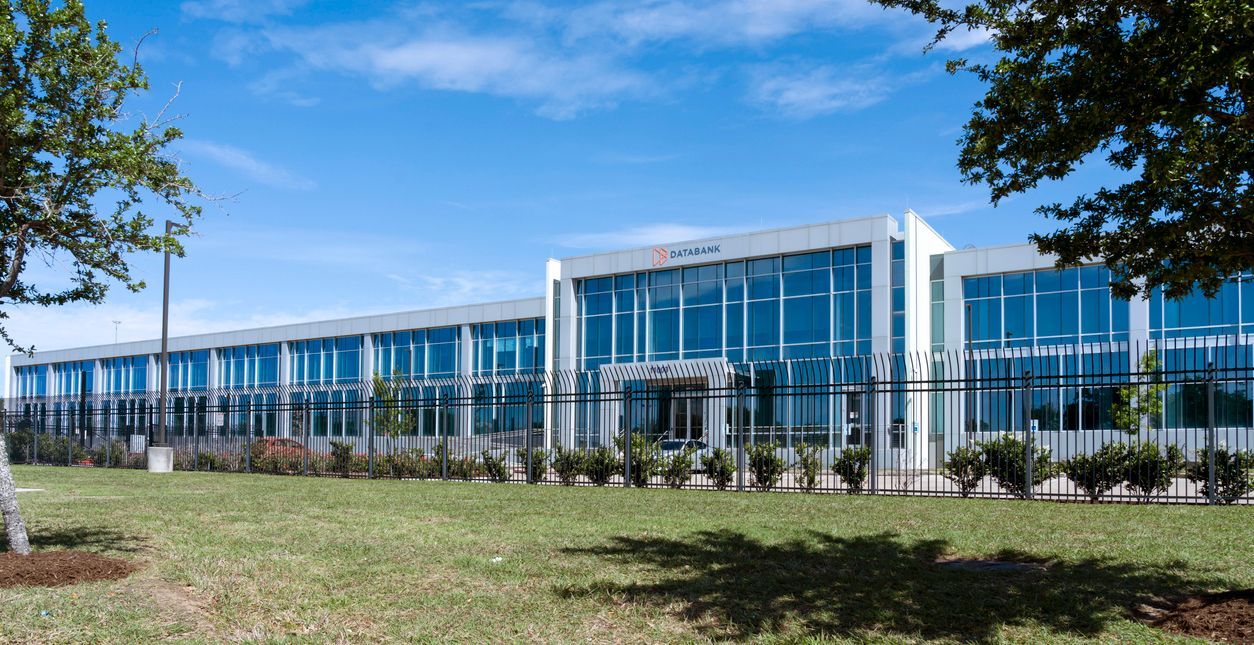WHAT IS WASTEWATER HEAT RECOVERY?
Unlocking the Potential of Wastewater Heat Recovery:
A Beginners Guide for Professionals
Wastewater heat recovery stands at the confluence of innovation and sustainability, offering a potential transformative solution for energy conservation in engineering heating and cooling systems. It represents a practical and effective approach to sustainable energy management, making it an attractive solution for enhancing energy efficiency and sustainability in various sectors. This brief guide is designed to introduce professionals to the foundational concepts and offer suggestions on where to go to learn more.
What is Wastewater Heat Recovery?
Wastewater heat recovery is a sustainable energy practice that involves capturing and reusing heat from wastewater. This wastewater can come from a variety of sources, including residential, commercial, and industrial processes. Typically, the water used in these settings is warm—carrying heat from activities like showering, dishwashing, and manufacturing processes—and instead of simply being treated and discharged into the environment, the thermal energy it contains can be reclaimed and repurposed.
How It Works
The basic principle behind wastewater heat recovery involves using heat exchangers or heat pump systems to extract thermal energy from wastewater. This energy can then be used to heat clean water entering a building or facility, thus reducing the energy required from other heating sources. The technology can be applied in various scales, from single buildings to large industrial plants, and can significantly contribute to energy savings and reduction of carbon emissions.
APPLICATIONS:
- Residential & Commercial Buildings: In these settings, heat recovery systems can preheat incoming cold water, reducing the energy needed for heating water for showers, laundry, and other uses.
- Industrial Applications: Factories can use recovered heat for process heating or other thermal requirements, enhancing energy efficiency.
- District Heating Systems: Cities can implement large-scale systems that use wastewater heat to warm water or cool and heat air for residential and commercial purposes.
BENEFITS:
- Energy Savings: Reduces the demand on traditional heating systems, leading to lower energy consumption and utility costs.
- Environmental Impact: By utilizing otherwise wasted energy, these systems reduce the carbon footprint associated with heating water and cooling and heating spaces.
- Economic Efficiency: The initial investment in heat recovery systems can be offset by the significant energy cost savings over time.
Where Can You Learn More About Wastewater Heat Recovery?
Books on the Subject
- Wastewater Heat Recovery: A Guide to Developing and Implementing Projects., provides a thorough understanding of both theoretical underpinnings and real-world applications.
- Wastewater Heat Recovery: Applications for Climate Control and Energy Conservation by Bruce A. Hedman and Robert D. McLellan also provide a comprehensive overview of the topic
- Heat Recovery from Wastewater Systems: A Case Study Approach by Quan Zhang, George Tchobanoglous, and Liang Cheng delves into real world applications and compelling examples.
Online Courses
There are several online courses and webinars focused on wastewater heat recovery.
- See for example this excellent introduction by a group of international engineers and planners: Introduction to Using Wastewater for Heating & Cooling.
- Other platforms like Coursera, edX, and Udemy offer courses on energy conservation, renewable energy, and sustainable engineering, which often cover aspects of wastewater heat recovery.
- Sign up for newsletters from wastewater heat recovery technology suppliers and follow them on social media. They often run webinars promoting their technology and presenting case studies.
Websites
Explore educational websites and online resources provided by organizations such as:
- The Sewer Thermal Energy Network (STEN): www.sewerheat.org
- U.S. Environmental Protection Agency (EPA): www.epa.gov
- International Water Association (IWA): www.iwa-network.org/themes/energy
- Water Environment Federation (WEF): www.wef.org
- Commercial websites such as
Huber Technology also provide useful information.
Engage with Professional Organizations
Networking works! By joining organizations, you can become part of the conversation and learn from your peers in a wide range of interrelated disciplines, including engineering, energy conservation, sustainability, and planning. Participate in conferences, workshops, and seminars to network with professionals and learn about the latest advancements, and to gain insights from industry leaders such as
- Sewer Thermal Energy Network (STEN)
- International Water Association (IWA)
- American Water Works Association (AWWA)
- Water Environment Federation (WEF)
Join online forums,
LinkedIn groups, and professional networks to exchange ideas, ask questions, and collaborate on projects. Engaging with a community of experts can accelerate your learning process and provide valuable support.
Visit Places Where the Technologies Have Been Successfully Implemented
As this
wastwaterheat.online map shows, there are many great examples of successful project around the world. If you can, seek opportunities for hands-on experience with wastewater heat recovery systems. This could involve internships, volunteering, or collaborating with professionals in the field. Practical experience will enhance your understanding and proficiency in implementing these technologies.
STEN is Dedicated to Advancing Understanding & Application
The Sewage Thermal Energy Network (STEN) connects a diverse group of professionals – including engineers, scientists, policy experts, and civic leaders – who are dedicated to advancing the utilization of wastewater heat recovery. As the leading network in this nascent field, STEN fosters collaboration and knowledge sharing to drive the adoption of STEU practices, contributing significantly to sustainable environmental stewardship. We are the premiere professional network for practitioners and policy advocates who see the potential for sewer thermal energy recycling. We facilitate collaboration between developers, municipalities, and academic researchers, fostering a network that supports public education and leads progress in this area. So remember STEN is here to help! If you have questions or would like special training for your organization, please click to contact us today.


